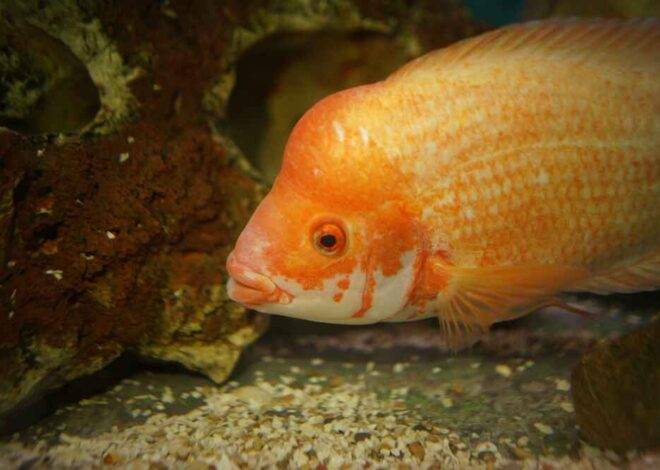Mental health has never been easier to discuss, and for good reason! Life today can be full of pressures, stresses, and emotional obstacles, which can wear anyone down. One unexpected yet effective remedy that has proven its efficacy? Pet therapy. Anyone who’s felt soothed just from being around an animal knows firsthand its therapeutic effect!
Discover why spending time with animals can be heartwarming and healing.

1. The Comfort of Unconditional Love
One of the greatest obstacles people experience in dealing with anxiety, depression, or loneliness is feeling misunderstood by others. Pets understand without needing you to explain yourself. They won’t judge, interrupt, or give unsolicited advice. Pets are there with you, completely present in each moment of the journey.
Pet therapy for mental health uses this nonjudgmental presence as a lifeline. Dogs, cats, and even smaller pets like rabbits or birds provide emotional support.
2. Building a Sense of Routine and Purpose
For people living with mental illnesses such as depression, even basic tasks can become difficult to accomplish. But pets depend on us daily for feeding, walking, cleaning, and playing.
Animal-dependent humans often find that daily responsibility for an animal provides them with a great source of purpose and motivation. Even simple acts such as filling their food bowl or taking their pet out on walks can bring essential structure into a chaotic mental state.
Animal therapy for mental health has long been used as part of recovery programs and long-term treatment facilities.
3. Physical Touch That Calms the Mind and Body
There is that wonderful feeling when you touch your dog or a cat, isn’t it? There is something more to it than being just comforting. It is a fact that it is very likely that cortisol, the stress hormone, is drastically reduced, and at the same time, happiness hormones, e.g., serotonin, oxytocin, are easily produced.
That’s the reason that in most hospitals and mental health centers, dogs are used as therapy to cheer up the patients. Even a few minutes of a friendly encounter with a peaceful and kind animal can have a lowering effect on your blood pressure, dampen your anxiety levels, and even minimize the symptoms of panic attacks. For the people who are diagnosed with PTSD or some other trauma-related condition, such a companion provides them with a firm sense of safety.
4. Combating Loneliness and Isolation
Being lonely is not only about being physically by yourself, but it is the emotional state of being disengaged, even among a lot of people. This makes it one of the hardest parts of mental illness for a large number of individuals. However, animals prove to be reliable friends who can bring relief from suffering.
Old people, especially those who have lost a close person and live alone, get pets mainly as a source of happiness and company. Young people who are still having a hard time socializing due to anxiety can help their situation by having a pet. Many pet owners would say their animals are the reason they feel less lonely.
That’s why the benefit of pets for a person’s mental health is not just about what is apparent. They become the person’s main emotional support when the real world gets too overwhelming.
5. Improving Emotional Regulation and Focus
Animals and humans alike have similar sensations that can bring everything back to normal after an extreme flow of emotions. People with ADHD, autism, and other neurodiverse conditions mostly find peace through a pet’s connections. Pets have a soothing effect on the brain by providing continuous sensory information. Dogs’ steady breathing, cats’ rhythmic purring, and even fish’s rhythmic feeding can all help the brain relax and improve concentration.
Children feel a special connection with therapy animals as they learn pet care, gentleness, and responsibility. With time, these attitudes can help the child to gain confidence and develop a better attitude towards himself.
In fact, pet therapy mental health programs have become common in schools and special education settings due to the demonstrable benefits they provide.
6. Encouraging Social Interaction Without Pressure
Speaking to other people can be a difficult task in itself. Therefore, pets are the best solution as they provide company without being too much. It is highly likely that while walking your dog, you would meet at least one person who would smile at you, ask questions about your animal, or even initiate a conversation.
For a person with social anxiety, small talk is a way of getting comfortable around other people but without directly communicating. The reason is quite simple: You’re not the center of attention, your pet is. This way, small talk becomes a highly approachable activity.
The presence of pets often results in patients being more forthcoming during therapy sessions. The presence of animals alone can completely change the therapy room, making it feel less like a hospital and more like home.
Healing Doesn’t Always Come in a Pill
Not every type of therapy suits every individual. However, one of the most frequent ways in which people find strength daily is through animal love. Animal love is not a magic solution to the problem, though it can be an important beginning. Whether you are feeling anxious or stressed, coping with past wounds, or just having a terrible day, an animal with fur or feathers might be what your heart needs.
Using pets for mental health treatment is not the same as abandoning medication or professional care. It’s the addition of another layer of support. Just a dog wagging its tail, a cat purring gently, or even the singing of a parakeet can bring a little joy to the darkest time.
Sometimes healing doesn’t seem like visiting a therapist’s office. Sometimes, it looks like a cold nose on your hand, a tail wagging by the door, or a warm, sleepy body curled up by the side of you at the end of a long day.





